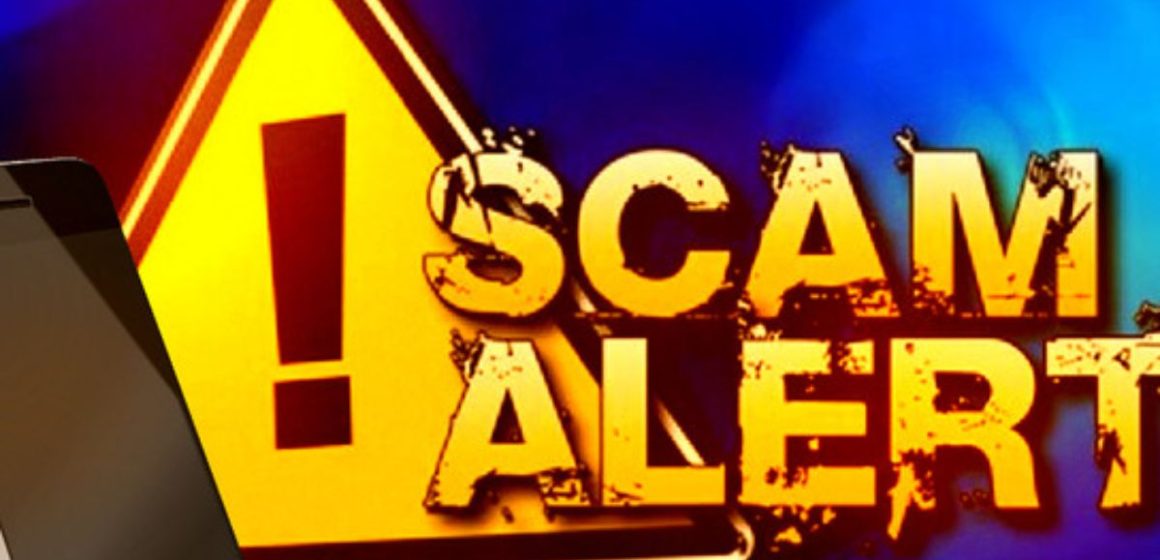Scammers are getting smarter, more creative, and increasingly bold—especially in Maryland, where residents have recently seen a spike in fraudulent schemes designed to steal money, personal data, or even entire identities. These scams aren’t just limited to phone calls or emails anymore—they’re happening through text messages, social media, and even in person.
If you live in the Old Line State, it’s crucial to stay informed and protect yourself from the latest cons making the rounds. Here are five of the most recent and widespread scams targeting Marylanders right now.
1. The Utility Bill Scam
This scam targets homeowners and renters across Maryland by posing as a utility company—often BGE (Baltimore Gas and Electric)—and claiming your power will be shut off due to a missed payment. The scammer usually calls or texts, demanding immediate payment through prepaid debit cards, gift cards, or digital payment apps like Zelle or Cash App.
Red Flags:
- Pressure to pay immediately
- Threats to disconnect service within an hour
- Request for payment via non-traditional methods
What to Do: Never give out payment information over the phone unless you initiated the call. Always verify account status directly by calling your utility provider’s official number.
2. The Jury Duty Arrest Scam
Scammers are pretending to be from the sheriff’s office or local courthouse, claiming you missed jury duty and now face arrest. They often spoof local law enforcement numbers to seem legitimate. Victims are told they must pay a fine immediately to avoid jail time.
Red Flags:
- Callers claiming to be law enforcement
- Requests for payment to “resolve” a legal issue
- Urgency and threats of arrest
What to Do: Real courts will never ask for payment over the phone, nor will they accept payment through gift cards or digital apps. Hang up and contact your local courthouse to verify any legitimate concern.
3. Medicare & Health Insurance Scam
With many Maryland residents enrolled in Medicare or Medicaid, this scam is especially dangerous for older adults. Fraudsters pose as health officials or insurance agents, asking for personal information under the guise of “updating” your file or sending a new card.
Red Flags:
- Calls requesting your Social Security or Medicare number
- Offers of “free” medical equipment or services
- Claims that your benefits will be cut off unless you act now
What to Do: Never share personal or health information with unsolicited callers. Contact Medicare directly to verify any claims or offers.
4. The Facebook Marketplace Overpayment Scam
Online sales are booming in Maryland, but scammers are taking advantage of this through overpayment tricks on platforms like Facebook Marketplace or Craigslist. A scammer will express interest in buying your item, then send a check for more than the asking price—insisting you refund the difference. Later, the check bounces, and you’re left with nothing.
Red Flags:
- Offers that seem too good to be true
- Payments exceeding the item’s value
- Pressure to refund the extra money quickly
What to Do: Avoid accepting checks from unknown buyers, and never send money back until the payment clears. Cash-only or payment through secure platforms is safest for in-person transactions.
5. The Text Message Bank Scam
Known as “smishing,” this scam involves text messages that appear to come from your bank, alerting you to suspicious activity on your account. The text includes a link that directs you to a fake login page, designed to steal your credentials.
Red Flags:
- Unexpected texts claiming bank account issues
- Links in the message directing you to log in or “verify” identity
- Misspellings or strange URLs
What to Do: Never click on links in unsolicited messages. If you’re unsure, contact your bank directly using the number on the back of your card or on their official website.
How to Protect Yourself from Maryland Scams
With scammers constantly evolving, here are a few general tips to stay safe:
- Verify independently: Always double-check suspicious claims by contacting companies or agencies directly.
- Don’t rush: Scammers rely on creating panic. Take a moment before responding or acting.
- Use call blockers: Many phone companies offer free call-blocking tools for robocalls and scammers.
- Report scams: Notify the Maryland Attorney General’s Office or the Federal Trade Commission (FTC) to help prevent future fraud.
Final Thoughts
Scams in Maryland are becoming more sophisticated and harder to detect—but awareness is your best defense. Whether it’s a fake utility call or a phishing text from your “bank,” recognizing the red flags and staying calm under pressure can keep you from becoming a victim. Spread the word, especially to older family members or friends who may be more vulnerable. In today’s world, being cautious isn’t paranoia—it’s smart.



Leave a Reply